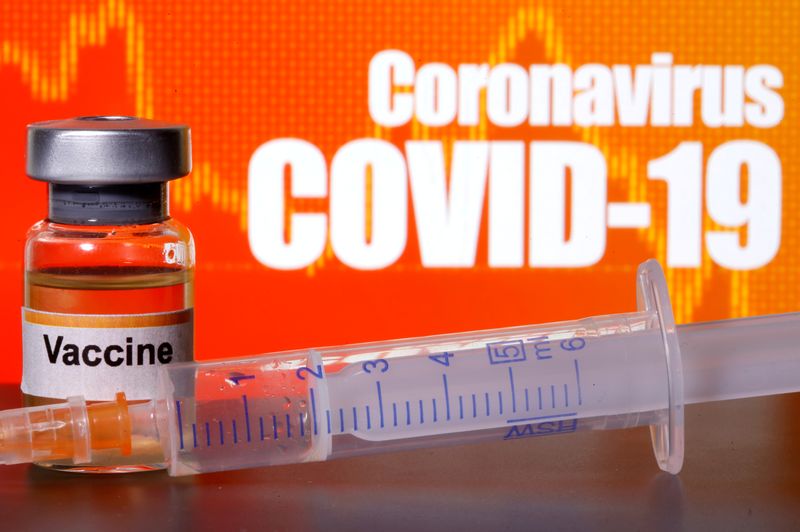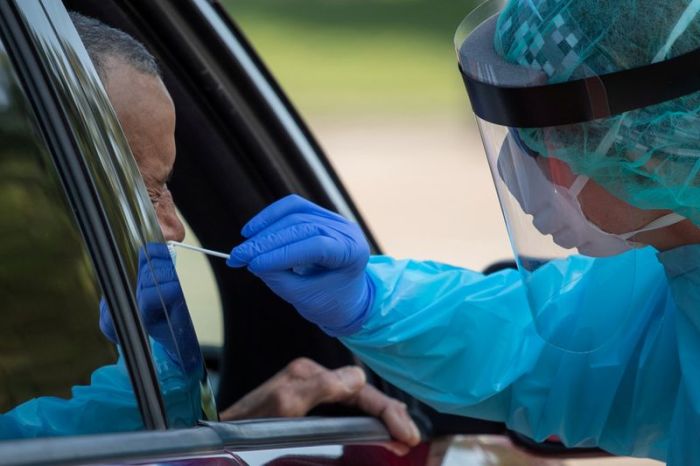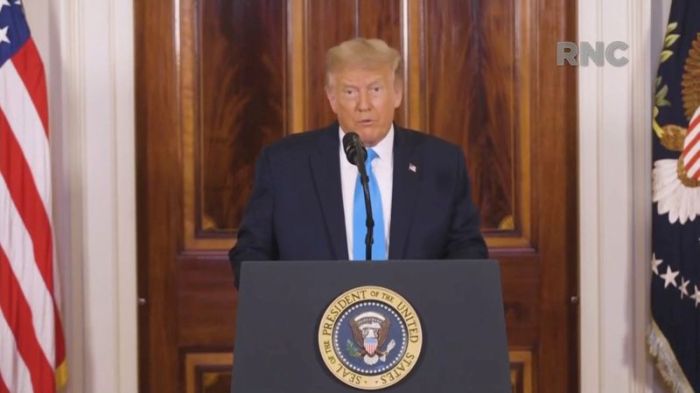MADRID (Reuters) – Johnson & Johnson’s <JNJ.N> Janssen unit will begin mid-stage trials for its coronavirus vaccine in Spain, the Netherlands and Germany next week, Spain’s health minister said on Friday, as the U.S. drugmaker expands testing for its experimental shot.
The Phase II trial will last two months and include 550 participants across the three countries, including 190 people in Spain, Salvador Illa told a news conference in Madrid.
“It’s a vote of confidence in our health system,” Illa said, adding it was the first human trial for a coronavirus vaccine to be approved in Spain.
The study will focus on healthy people between the ages of 18 and 55 as well as people over 65.
Johnson & Johnson said the study will evaluate the safety and the ability to induce an immune response from single dose and two-dose regimens of the vaccine candidate, the company said in a statement.
Spain, which has western Europe’s highest tally of coronavirus cases, is also working with AstraZeneca <AZN.L> via the European Union’s vaccine procurement programme to secure sufficient doses.
J&J’s website says if the latest trials are successful, it will begin final Phase III studies, in which even more volunteers will receive the experimental vaccine.
More than 150 potential vaccines are being developed and tested globally to combat the COVID-19 pandemic, with 30 in human trials.
There is so far no approved vaccine, except one authorised in Russia before large-scale trials.
J&J is carrying out tests in the United States and Belgium, and this week added Chile, Argentina and Peru to the list of Latin American nations where it plans to conduct Phase III trials on 60,000 volunteers, in a study that will also cover Brazil, Colombia and Mexico.
The company’s potential vaccine uses “viral vectors” to generate immune responses, similar to the approach taken by the University of Oxford and AstraZeneca in their experimental vaccine, as well as China’s CanSino.
(Reporting by Nathan Allen and Jose Elías Rodríguez; editing by Mark Potter and Jason Neely)
























